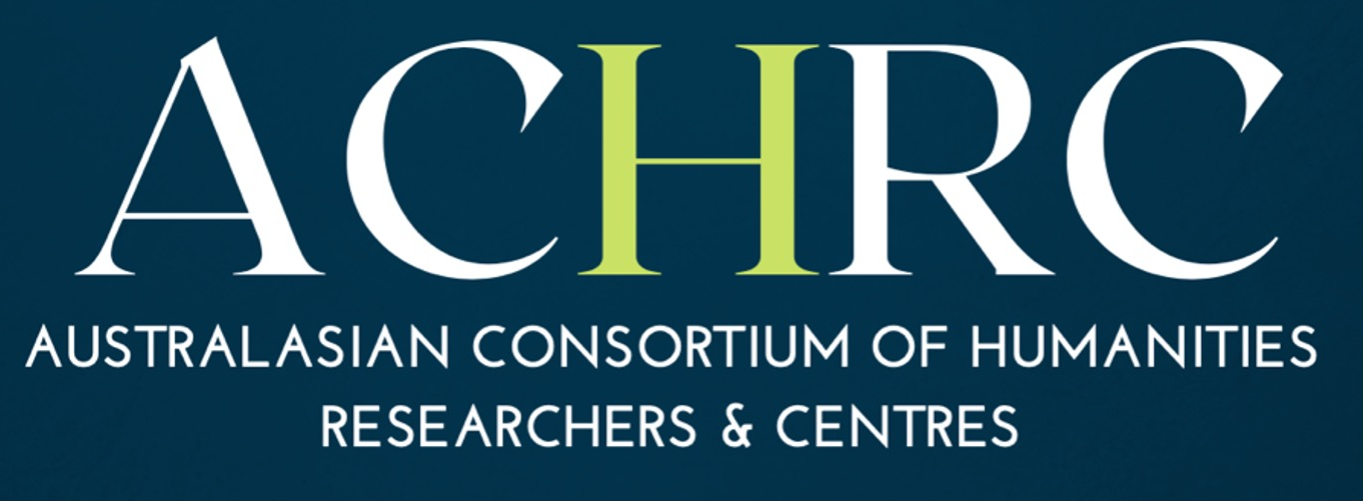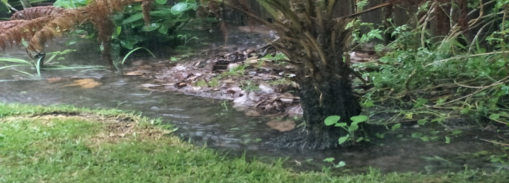Irene O’Leary (James Cook University)
Snow argued that ‘polarisation’ of the arts and sciences ‘is sheer loss to us all’ (11) as ‘imaginative understanding is less’ (14). This loss, he asserted, could be partially countered by a social justice and educational program with its requisite ‘imaginative experience, both in the arts and in science’ (100). Snow himself did some exemplary creek-leaping as a scientist who published novels and a corpus of treatises across disciplines. Taking Snow’s imaginative ‘leap’ (73) by which thinking differently can be ‘snatched at’ (73) as a starting point, I present my own manifesto. I do not pretend to Snow’s rambling postprandial style, full of anecdotes, but, like Snow, I draw on my own experience and, like him, present a manifesto for cross-creek interaction. The disciplinary gap, like a creek, is not a barrier but a place of encounter and imagination and change.
There is nothing to prevent cross-creek reading
No permission is required, only curiosity. Discipline barriers, like gaps or gulfs (Snow 4), creeks or oceans (Snow 2), are there to cross. Overstepping limits is a prerequisite of academic work. Eclectic reading, especially for those of us privileged with access to vast digital repositories, by default offers encounters with alien and perplexing ideas, a sheer joy. Different thinking triggers imagination and thinking differently impacts our own work in imperceptible or radical ways.
There is nothing to prevent cross-creek research
In this age of acknowledging complexity, interdisciplinary research is now normal if not yet ubiquitous. My own field of literary studies is feverish with interdisciplinary literature/science research, societies, conferences and journals. This creek-leaping is, quite apparently, infectious.
Piracy across creeks has a long and honourable history
Literature unapologetically snatches and uses scientific ideas thematically (evolution, artificial intelligence, quantum or chaos theories) or technically (bifurcating storylines or poetry, a narrative in catastrophe theory stages). Piracy is not a one way affair: neuroscientific studies, for example, draw on decidedly non-quantitative humanities work in aesthetics, narrative or humour to help frame research questions and explain empirical data collected via brain scans. There are many literary theorists, poets and novelists who are also scientists and who merge scientific and literary thinking.
Ideas disperse and metamorphose
The disciplinary creek and environs are useful because they offer shelter for fomenting ideas in particular ways. Knowledge is subsequently sharpened and tempered through interaction, not least in the blaze of controversy. It would be sheer loss if interaction among ideas of whatever source did not migrate along and across creeks to flourish, mutate or fall, in the process triggering imagination. Imagination seeds knowledge and extends well beyond the known.
Playing in creeks
In my childhood, creeks were not barriers. We played in the creeks and crossed back and forth incessantly to the irresistible beyond. Curiosity and imagination drove us. There were cuts and bruises and stings but we were not deterred and we learned stuff. We were the wild things.
Let the wild imagining and piracy begin!
Bibliography
Sendak, Maurice. Where the Wild Things Are. Random House, 2000.
Snow, CP. The Two Cultures. edited by Sefan Collini, Cambridge University Press, 1998.
Photo of creek by Irene
Author Biography
Irene O’Leary is undertaking a PhD in literary studies at JCU. Her research interests, literary dynamics, complexity theories, fiction and writing techniques, brazenly disregard borders between literature and science. In company with likeminded researchers, Irene recently presented at the 2020 British Society for Literature and Science Conference.

